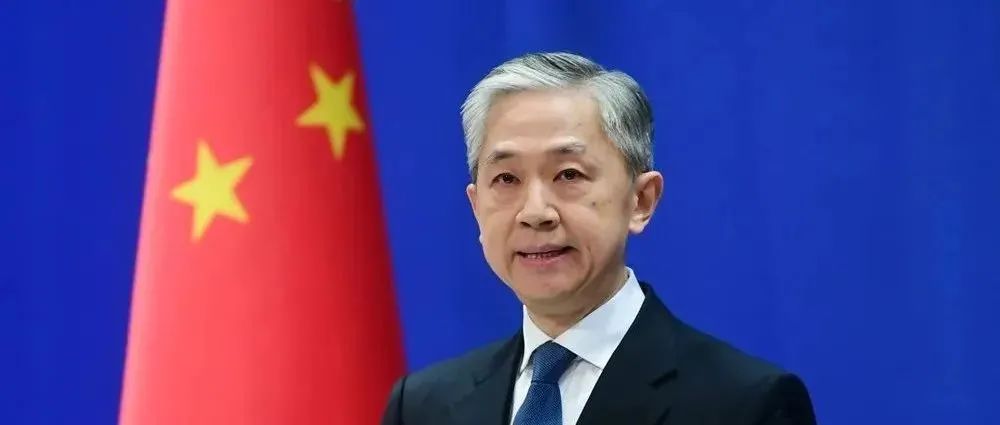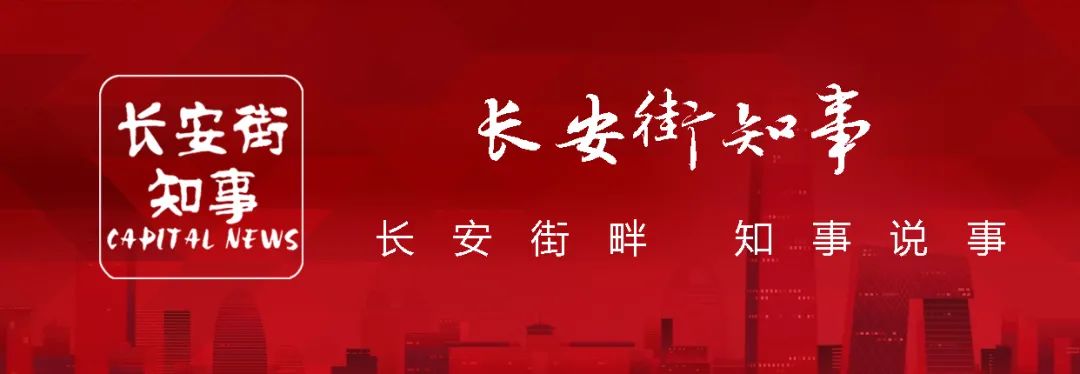Following the US sanction of Russia, the European economy was severely rejected
Author:Overseas network Time:2022.08.09
Recently, preliminary data released by the EU Statistical Bureau showed that after the seasonal adjustment, the GDP in the euro zone in the second quarter of this year (GDP) increased by 0.7%month -on -month, and EU GDP increased by 0.6%month -on -month. However, the reality of growth in the second quarter did not weaken the outside world's concerns about the decline in European economic decline. Affected by multiple pressures, the European economy will still face severe challenges.
The energy crisis continues to ferment. Affected by the conflict of Russia and Ukraine, Europe followed the United States to strongly sanctions against Russia, and tried to suppress Russia through natural gas embarrassment, causing Russia to strongly countercrofizes and deeply trapped the dilemma of "gas shortage". Since June, Russia has sharply reduced the supply of natural gas to European countries, leading to the rise in European natural gas prices. Analysis generally believes that when many European countries have encountered high temperature this summer and do their best to store gas this winter, if Russia continues to restrict natural gas supply, it will lead to the intensification of European "gas shortage". Under the impact of the shortage of natural gas supply and the surge of energy costs, many European companies are facing the risk of being forced to shut down, and issues such as broken supply chain, rising prices, and rising unemployment rates have followed and intensified. This will undoubtedly add storms to the road of recovery of the European economy.
Inflation "high fever" does not return. Since the beginning of this year, under the influence of many negative factors such as the Fed's radical interest rate hike effect and the spread of the European energy crisis, the inflation rate in the euro area has continued to rise. The latest data show that the inflation rate in the euro area in July was 8.9%at an annual rate, exceeding market expectations, and reached a new high. High inflation raises the cost of life and the production cost of the enterprise, and weakening the economic growth momentum of the euro zone has become a major problem in the European economy.
Monetary policy accelerates tightening. In late July, in order to prevent inflation from worsening, the European Central Bank had to start the first rate hike in 11 years, and announced that it had raised interest rates 50 basis points. Some analysts believe that from the current situation, the inflation rate in the euro zone has not yet been touched, which has caused the European Central Bank to face the pressure of raising interest rates again in September. Although a significant interest rate hike can curb high inflation, it may also step on the "sudden brakes" for European economic growth. What is even more worrying is that with the continuous and rapid interest rate hikes of the European Central Bank, interest rates continue to rise, the debt crisis of European countries may further intensify.
Faced with the risk of continuous recession, the EU and its member states have adopted a series of actions, such as looking for energy replacement suppliers, launching energy subsidy measures, etc., and introduced a number of financial stimulus measures to try to find the "breakout" path. But at present, the situation is not optimistic.
Recently, many international institutions have lowered economic growth expectations in Europe. Goldman Sachs expects that even if Russia does not completely cut off energy supply, this year, Europe may have two consecutive quarters of negative growth technical recessions.
The European Economic Summer Outlook Report released by the European Union in July pointed out that the EU economic growth rate will slow down significantly in the second half of this year, including rising energy prices and grain prices, weak global economic growth, and decline in external demand. The report believes that the future economic development and inflation trend of the EU depends to a large extent on the trend of natural gas supply. If the price of natural gas ushered in a new round of rising, it will not only curb the economic growth of the EU and the high inflation rate, but also lead to further tightening the EU's financing environment and affect the stability of the EU finance.
The difficult situation of the European economy proves that the European Union has been severely rejuvenated with the United States' implementation of multiple rounds of sanctions on Russia. Some European countries have gradually realized this. Hungarian Prime Minister Olban recently said that the EU's sanctions on Russia did not work, but the European economy was in trouble and may further lead to political instability.
In order to get out of the economic difficulties of "low growth and high inflation", Europe also needs to find a strategy to cure the root cause. While promoting Russian and Ukraine's conflict to calm down as soon as possible and ease relations with Russia, the EU needs to take positive measures to promote Russian and Ukraine's conflict to calm down as soon as possible, ease relations with Russia, and further strengthen the pragmatic cooperation with other countries in the security of the supply chain industry chain. Avoid economic recession. (Yan Yu)
Original title: European economic recession has increased concerns (Viewing Channel)
"People's Daily Overseas Edition" (10th edition, August 09, 2022)
- END -
China reminds Australia!

Ministry of Foreign Affairs: I hope that the Australian side will seize the opport...
An important suspect at the Confucius Institute at the University of Karachi was arrested

Pakistan media Dunyanews News Network reported on the 4th local time that the Paki...